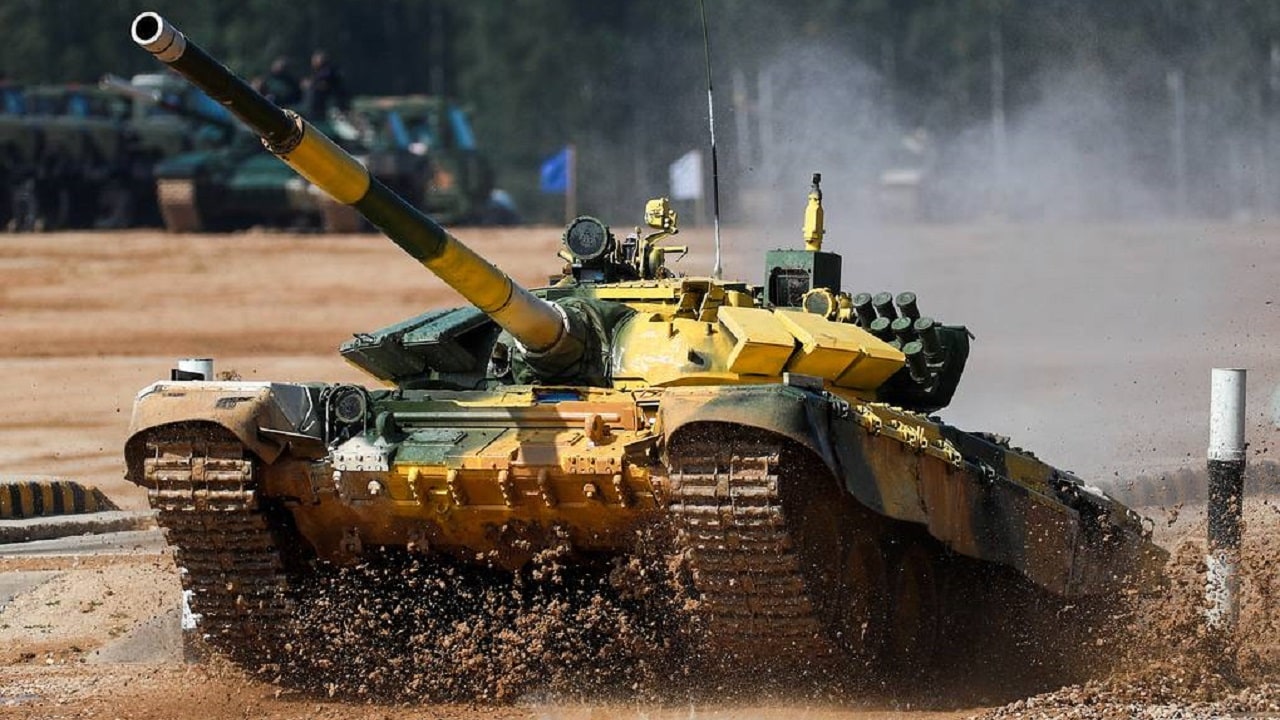Exiled Politician Claims Belarus Army Would Desert Russians If Deployed In Ukraine: Belarus confirmed on Friday that Russian troops would soon arrive in the country to assist in a “regional grouping” designed to protect the country’s borders. According to the country’s Ministry of Defense, Russian soldiers from the Regional Grouping of Forces are expected to arrive in Belarus in the coming days, following a pledge by Belarusian President Alexander Lukashenko to deploy forces close to the Ukrainian border.
Would Belarus Go to War Against Ukraine?
Despite remaining generally supportive of Putin’s war effort in Ukraine, however, Lukashenko has still not announced that his troops will be deployed to Ukraine to assist in Russia’s war effort. According to an exiled Belarusian opposition leader, he may not have full control over his own military.
In an interview with Politico, exiled leader of the Belarusian democratic movement Sviatlana Tsikhanouskaya argued that Putin simply can’t trust Belarusian soldiers to follow orders. Tsikhanouskaya said that Lukashenko would order his soldiers to fight in the war, but that both he and Putin may not be certain that they wouldn’t desert the Russian side and join the Ukrainians.
“Just imagine the situation if he made this order, the Belarusian army went across the border, and they defect, they change sides, they hide, because they actually don’t want to fight the Ukrainians. Just imagine his reputation in front of Putin, in front of the Kremlin — it would be an epic fail,” the exiled leader claimed.
According to Tsikhanouskaya, who ran a futile campaign against Lukashenko in the 2020 election, the Russian command also doesn’t trust the Belarusian army.
“They are not sure they would fulfill the order,” she said.
If the claims are true, it would explain why in August, Lukashenko explicitly stated that his military’s planes were ready to attack using Russian nuclear weapons – while at the same time not deploying troops at a time when Russia needs them.
Belarus Warns the West
While Lukashenko may not be able to depend on his own soldiers, that hasn’t stopped him from assisting Putin in any way he can. Only this week, the Belarusian dictator warned in an interview released by NBC that Russia should not be pushed into a corner, adding that Russia has tactical nuclear weapons for a reason.
“The most important thing is, don’t drive your interlocutor and even your opponent into a corner,” Lukashenko said. “So you mustn’t cross those lines, those red lines, as the Russians say. You can’t cross them.”
“Russia has clearly outlined its position: God forbid there will be an attack on the territory of the Russian Federation; in that event, Russia can use all types of weapons if necessary,” he continued.
While Belarus may not be officially joining the fight in Ukraine – at least for now – we may expect Lukashenko to do more to help Russia by creating the illusion of a great military force surrounding Ukraine. That could start with the upcoming “regional grouping” and may, in time, end with some kind of limited involvement of Belarusian forces on the northwestern border of Ukraine.
Jack Buckby is a British author, counter-extremism researcher, and journalist based in New York. Reporting on the U.K., Europe, and the U.S., he works to analyze and understand left-wing and right-wing radicalization, and reports on Western governments’ approaches to the pressing issues of today. His books and research papers explore these themes and propose pragmatic solutions to our increasingly polarized society.

